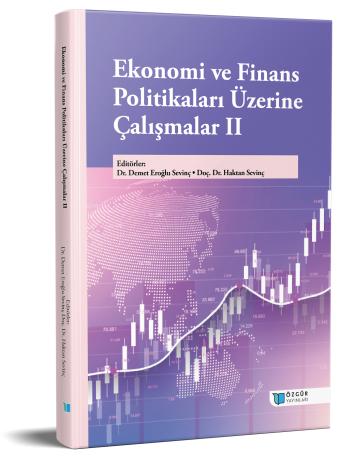
The Impact of Financialization on Economic Growth, Income Inequality, Consumer Credit, Education and Environmental Problems
Chapter from the book:
Eroğlu Sevinç,
D.
&
Sevinç,
H.
(eds.)
2023.
Studies on Economic and Financial Policies II.
Synopsis
The phenomenon of "financialization" has been on the rise in recent times, occurring wherever there is social, economic, political or cultural change. There are many different dimensions of financialization, and each scholar is right to address the issue from his or her own perspective. However, different perspectives should not be mutually exclusive. Financialization has transformed the functioning of the economic system at both the macro and micro levels. The last two decades have been a period of rapidly rising household debt-to-income ratios and corporate debt-to-equity ratios. In the last decade, capitalism has changed its shell. The thesis that the concept of financialization is one of the most important carriers of this transformation is at the forefront. The intermediation of financialization from production-oriented economies to finance-oriented economies may cause the production system to be disrupted. In addition, the liberalization and deregulation of goods and capital markets under the influence of financialization potentially increase income inequality. Moreover, a strong and positive relationship between financialization and environmental problems has been found in the past literature. This study focuses on a broader perspective on education, economic growth, income inequality, trade openness, consumer credit, and environmental problems associated with financialization. It aims to provide information on empirical and theoretical studies targeting these issues.

